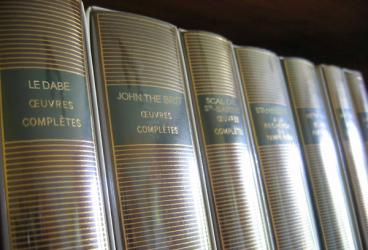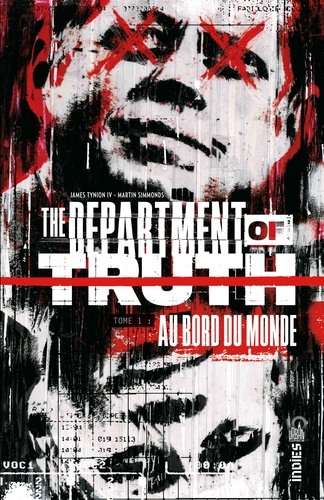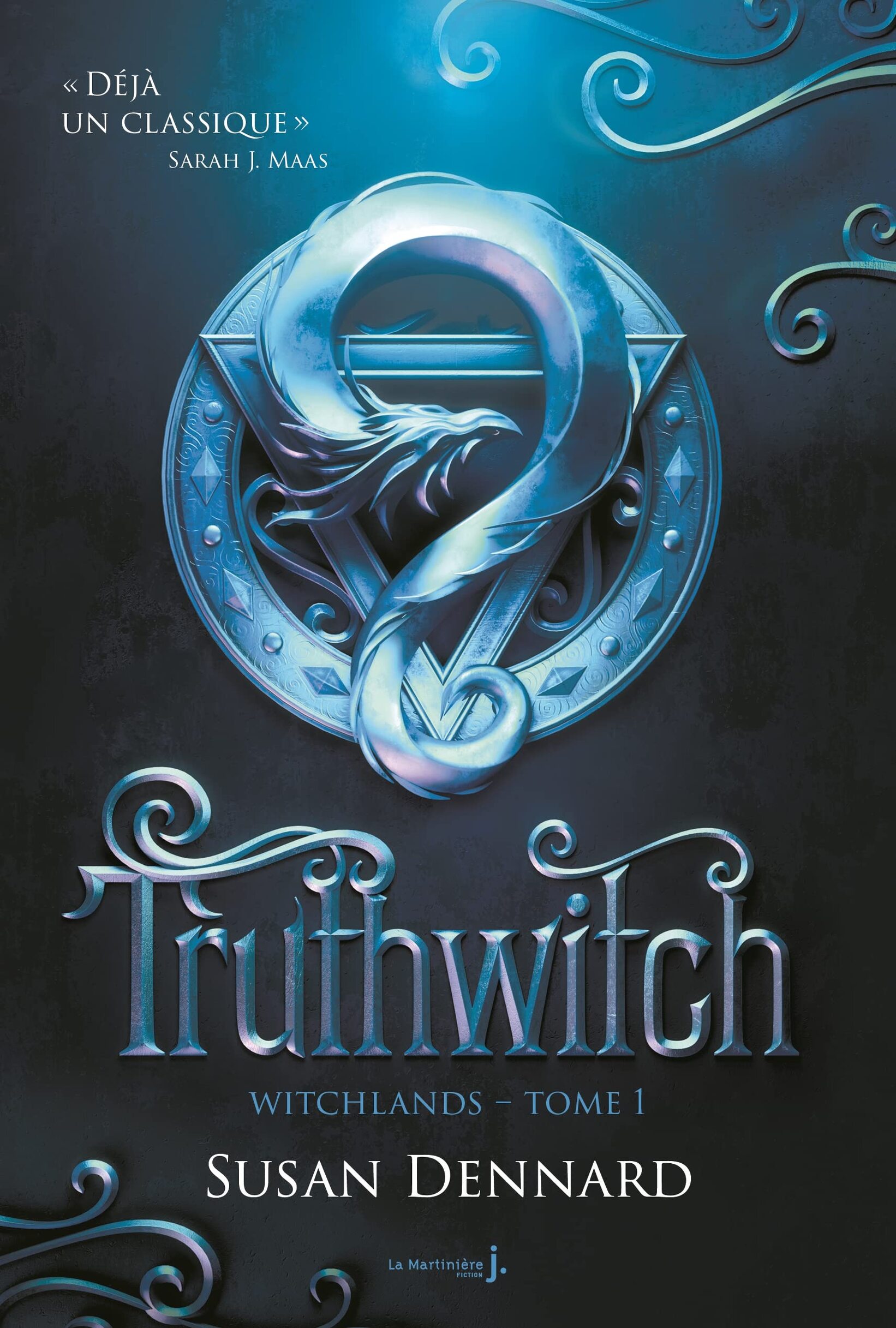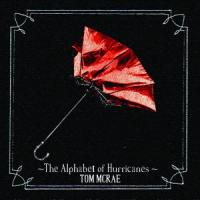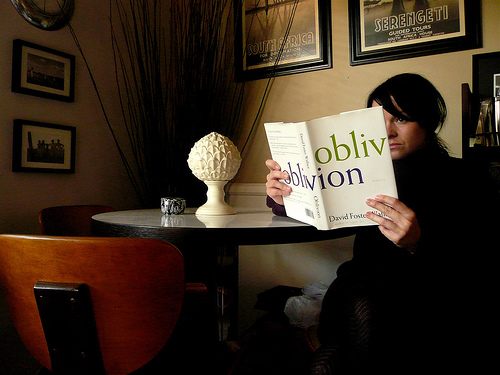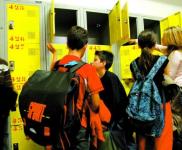The Fix Tome 1 : De l'or pour les banques
Rédacteurs
Dossiers
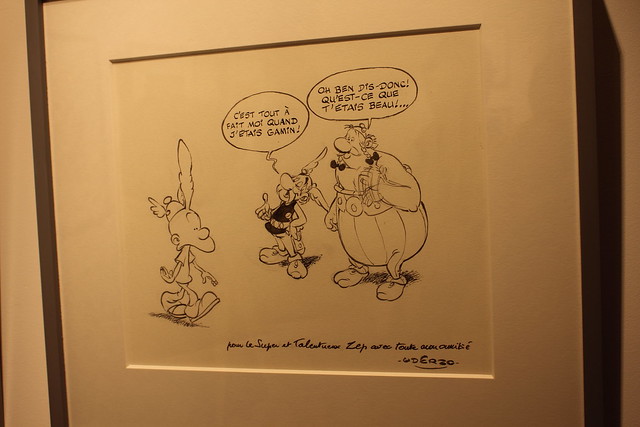
Banquet pour tout le monde : Astérix et Obélix ont 60 ans
Les deux Gaulois les plus célèbres du 9e art fêtent, en 2019, leur 60e anniversaire : le 29 octobre 1959, le scénariste René Goscinny et le dessinateur Albert Uderzo présentent au monde un petit Gaulois, accompagné par son ami, plus... enveloppé. Rapidement, les deux héros deviennent les figures majeures du journal Pilote.

Dix poètes pour entretenir le goût de la poésie
Du 7 au 23 mars, le Printemps des poètes ouvre le bal aux vers, en vers, et contre tout. Parce que le goût pour la poésie dépasse amplement le seul plaisir solitaire d’une lecture intime, voici neuf auteurs à redécouvrir, neuf textes, traduits ou en français, dont les échos restent puissants aujourd’hui encore.

Dix textes, pour voyager, avec soi, vers les autres
Le poète Horace nous l’a dit voilà bien longtemps : « Nul ne peut se fuir soi, en quittant sa patrie. » On lui opposerait tout de même que les voyages forment la jeunesse et qu’il ne cause aucun tort de partir à la découverte du vaste monde. Quitte à n’y trouver que soi. Alors, justement, voici quelques titres sélectionnés pour les périples qu’ils proposent.

Avant de parler d'écologie, dix livres pour en explorer les facettes
Il n’y a résolument pas de Planète B, et plutôt que de mettre des pansements partout, mieux vaudrait, résolument, changer d’optique quant à notre relation avec l’environnement. Écologie, écoresponsabilité, protection de la Terre, autant de messages qui portent leur voix dans de nombreux livres. Voici une sélection de dix ouvrages, depuis la jeunesse jusqu’au théâtre, pour explorer les mondes par les mots.
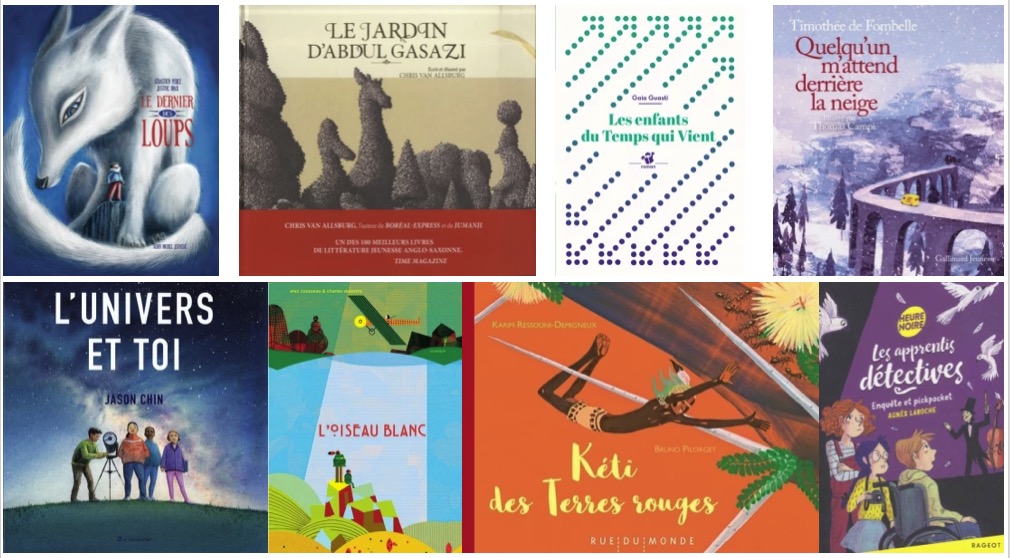
Des lectures pour les vacances, pour les enfants de 6 à 8 ans
Durant les vacances, la lecture offre l'occasion d'apprendre et découvrir, en dehors de l'école. En partenariat avec l'association Lire et Faire Lire, ActuaLitté propose une sélection d'ouvrages pour les enfants de 6 à 8 ans. En puisant dans les différentes sélections que le Comité de lecture a réalisées entre 2017 et 2022, voici huit ouvrages pour embellir la période de Pâques.

Présidentielle 2022 : les propositions des candidats pour le livre
L'élection présidentielle française, dont les deux tours se dérouleront le 10 et le 24 avril 2022, désignera l'homme ou la femme qui prendra la tête de l'État français pour les cinq années à venir. La profusion de prétendants et prétendantes signifie aussi un certain nombre de propositions pour convaincre, notamment dans le domaine de la culture et en particulier pour le livre.
Extraits

Comics
The Fix Tome 1 : De l'or pour les banques
05/2018
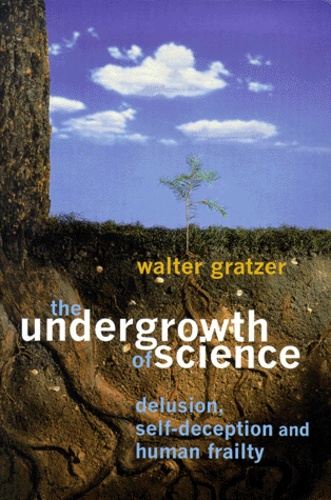
Histoire et Philosophiesophie
The Undergrowth of Science. Delusion, self-deception and human frailty
01/2000
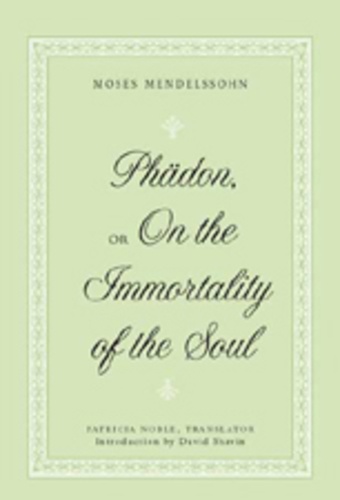
Philosophie
«Phädon», or «On the Immortality of the Soul»
12/2006
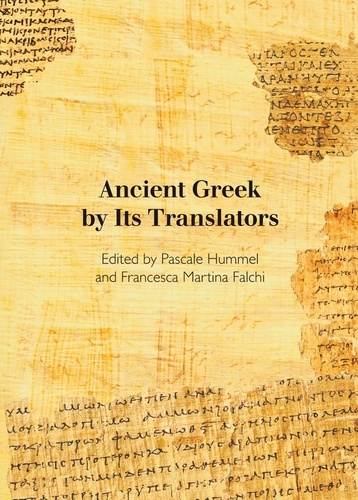
Critique littéraire
Ancient Greek by Its Translators
02/2022
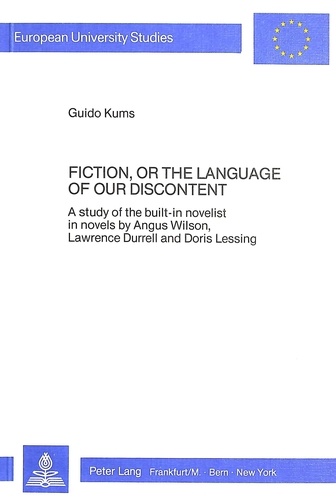
Non classé
Fiction, or the language of our discontent
12/1985
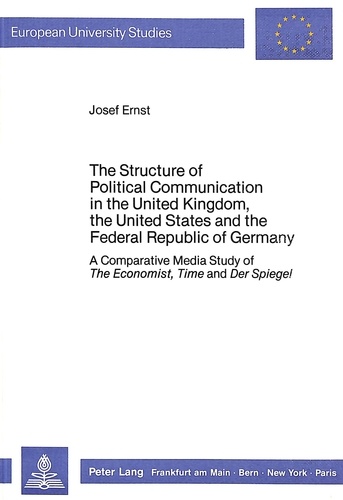
Sciences politiques
The Structure of Political Communication in the United Kingdom, the United States and the Federal Republic of Germany
11/1987


